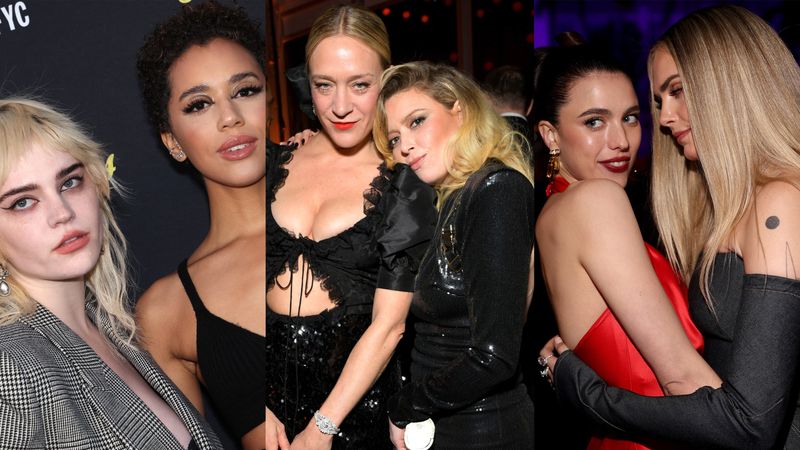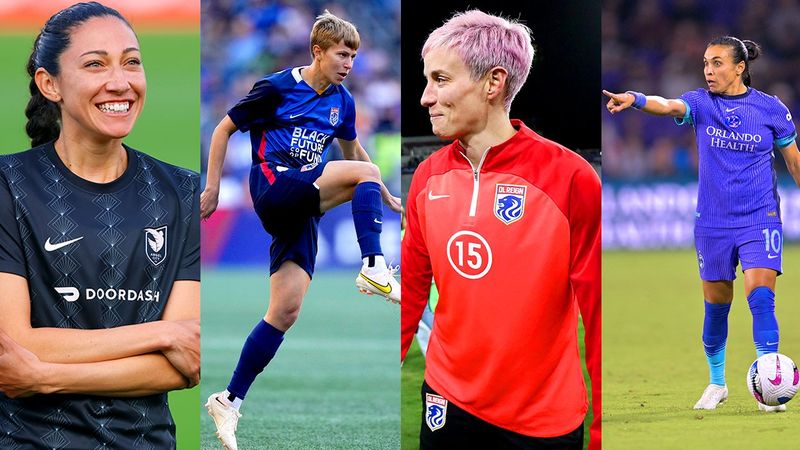For as long as I can remember, I have been obsessed with science. While all my friends were playing with Barbies and Easy Bake Ovens (and some industrious tomboys with Legos and GI Joes), I was building elaborate PlayMobile zoos and making sure that each habitat was ecologically accurate (polar bears did not hang out with penguins because they live on opposite poles of the earth). At the beach, my parents could not drag me away from the tide pools where I would spend hours observing the gradual changes in the coastal ecosystem, poking anemones with my fingers, catching crabs, picking up starfish, watching the barnacles flutter their delicate antennae in the surf to catch plankton, and prying open mussels to see what was inside. In seventh grade I was the first one up the mountain and onboard the research boat in science camp, and my last year of high school I was given the senior science award. In college I declared psychobiology as my major, wanting to be a marine biologist and confident that I had chosen my passion. My freshman year I had a straight-A average.
And then I took a multivariable calculus course that was taught by a visiting instructor who had something to prove. He ended up failing over half the class, and I was in the half who didn't pass. I couldn't do anything to change my grade and I was devastated. I had never even gotten a C, let alone failed anything. It was clearly an anomaly of a situation, yet my counselor's advice? "Well, Katie, maybe science just isn't a fit for you. Have you considered something in the humanities? You're such a good writer. I think you should try English instead." And that was that. As a fairly obedient twenty-year-old, I was used to accepting advice from my superiors without questioning it. After all, that's what girls are generally supposed to do.
Now, I know that I was the one who ultimately signed the paperwork to change majors, but I wonder if my well-meaning counselor would have given the same strong advice to a boy. The F in calculus was a fixable problem. I could have repeated the course for a better grade, and I am sure it would have been fine—I had done well in calc before. Girls are so often told that if we encounter even the smallest obstacle that we should just give up right then and there and find something we are more "naturally" good at—like writing (which, by the way, was also considered too hard for women throughout much of human history until recent centuries). Boys, on the other hand, are raised to treat a setback as a challenge to overcome, and it's been proven that men will lie on their resumes to get the job (link), and then figure out the skills they lack while at work, whereas women will be honest on resumes about what they can and can't do, and as a result not get the job in the first place and miss an opportunity to learn.
As it turned out, I loved being an English major. My counselor was right in one way—I was passionate about reading and writing, and found that I felt just as challenged analyzing literature as I did balancing stoichiometry equations. And truth be told, I wouldn't be my happiest in the dark corridors of a lab—but I never lost my passion for photosynthesis and physics. To this day, I write, teach, and make films primarily about science (and sexuality/gender as it pertains). And I still wonder to this day how my life would be different had I double majored and not given up science—my first and greatest love—so easily and without a fight.
Luckily the world is finally catching up, and big companies are taking notice. Verizon just launched a groundbreaking campaign in partnership with MAKERS called #inspirehermind that is predicated on the idea that the narratives we tell our girls as they grow up are largely why hardly any of us stick with STEM fields (science, technology, math, and engineering). The ad states that while 66% of fourth grade girls say they like math and science, only 18% of engineering majors are female. Something happens to us between the ages of nine and nineteen that guides us away from science—and that something is thousands of well-meaning parents, teachers, counselors, and other adults consistently and subtly reinforcing that an interest in numbers or experiments is a waste of time, and to leave it to the boys to take the reins.
I'm glad that we finally live in an era where one of the largest cell phone providers in the company with the biggest advertising budgets is doing its part to chip away at these embedded societal norms, and begin to change the story we tell our girls as they grow up. I know for one that if I have a daughter, she will be encouraged to follow whatever passion she has—and I'll show her the tide pools myself.



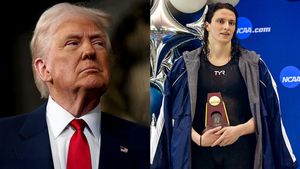


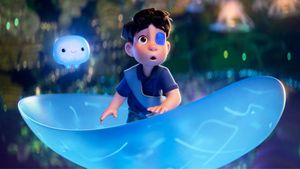











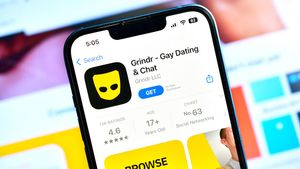
































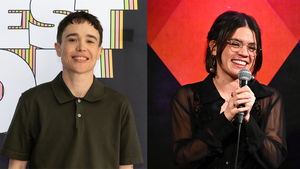
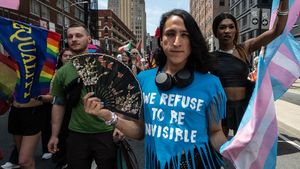








































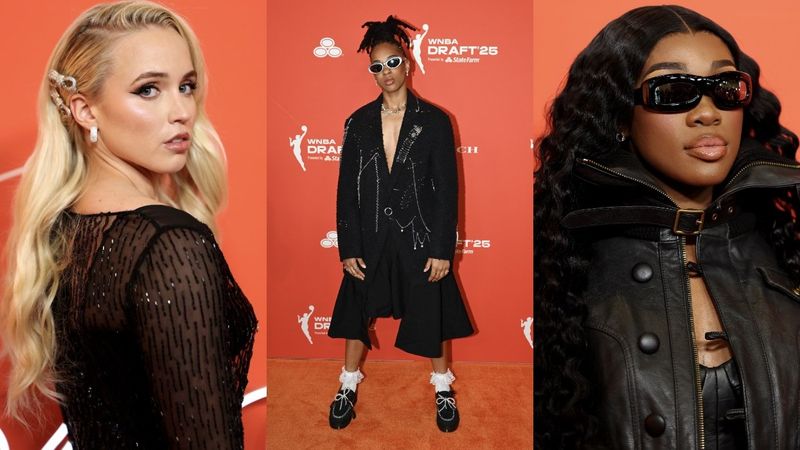
 Cindy Ord/Getty Images
Cindy Ord/Getty Images










